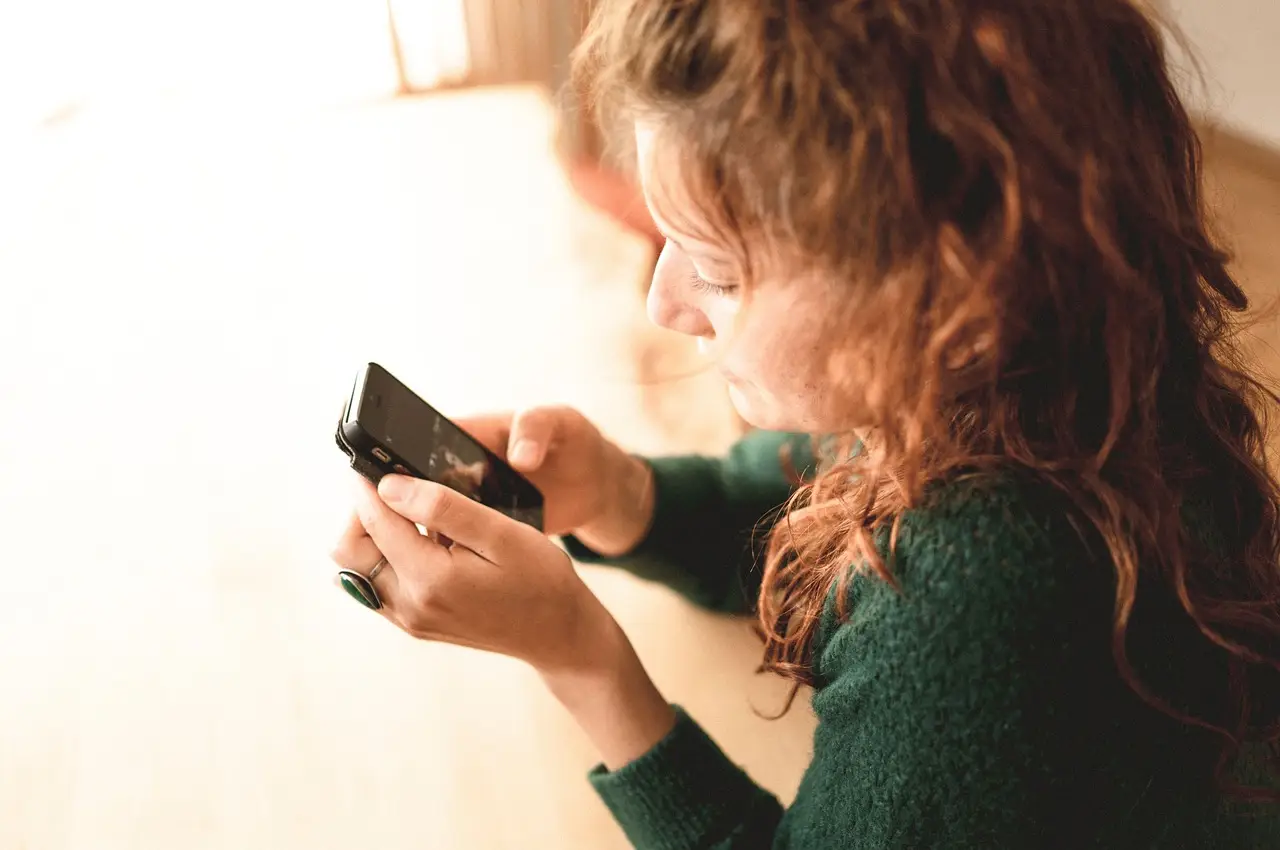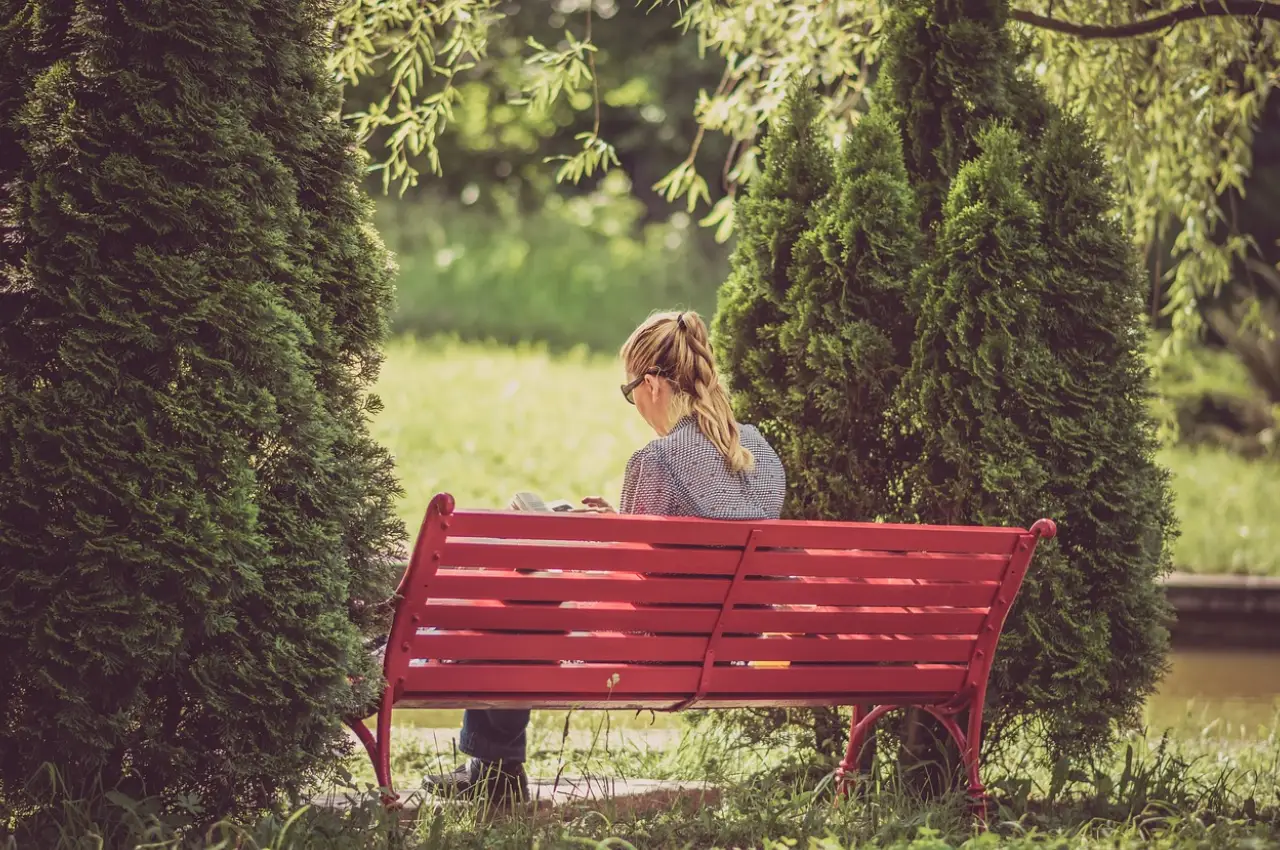Scrolling through your social media feed can be a daily ritual. You might find yourself lost in the endless posts, photos, and updates. However, have you ever noticed feeling a bit more isolated afterward? Social media, while connecting us in ways never imagined before, also has a darker side. It can amplify feelings of loneliness. Let’s explore this complex relationship and find ways to foster genuine connections.
The Illusion of Connection
Social media platforms promise to connect us with friends, family, and even strangers worldwide. It feels like you’re always in the loop, sharing moments, and receiving instant feedback. But, is this connection real?
Jane, a college student, has over 500 friends on Facebook. She shares her life updates and gets dozens of likes. Despite this, she often feels disconnected and lonely. The likes and comments don’t translate to real, meaningful interactions.
Comparing Lives
One of the significant issues with social media is the tendency to compare our lives with others. Scrolling through perfectly curated photos and success stories can make anyone feel inadequate.
Mark, a young professional, sees his friends posting about their exotic vacations and job promotions. He starts feeling like his life is not as exciting or successful, leading to feelings of loneliness and dissatisfaction.
The Highlight Reel Effect
Social media users often showcase the best parts of their lives. This highlight reel can distort our perception of reality. We forget that everyone has struggles and challenges, even if they don’t share them online.
Emily posts beautiful photos of her travels, gourmet meals, and fun outings. Her followers think she has a perfect life. In reality, she often feels lonely and struggles with personal issues that she doesn’t share.
The Impact on Mental Health
Studies have shown a strong link between excessive social media use and mental health issues like anxiety, depression, and loneliness. The constant need for validation and the fear of missing out (FOMO) can take a toll on our well-being.
Expert Insight: Dr. Sarah Thompson, a psychologist, explains, “It can create unrealistic expectations and pressure. It can lead to negative self-worth and increased feelings of isolation.”
The Paradox of Connectivity
While it connects us digitally, it often replaces face-to-face interactions. Genuine human connections are vital for our emotional health. Virtual interactions lack the depth and empathy of in-person communication.
David used to meet his friends for coffee regularly. Now, they mostly chat on WhatsApp. He misses the warmth and connection of those coffee meetups, feeling lonelier despite being in touch online.
Finding Balance
The key to mitigating the loneliness caused by social media is finding a healthy balance. It’s crucial to be mindful of our usage and to prioritize real-life connections.
Practical Tips to Combat Loneliness
Limit Social Media Time: Set specific times for checking social media. Avoid mindless scrolling, especially before bed.
Engage in Offline Activities: Pursue hobbies, exercise, or volunteer. Engaging in physical activities can help reduce feelings of loneliness.
Foster Real Connections: Make an effort to meet friends and family in person. Face-to-face interactions are irreplaceable.
Be Authentic Online: Share your true self on social media. Avoid comparing yourself to others.
Seek Support: If social media is affecting your mental health, consider talking to a therapist or counselor.
Embracing the Positive Aspects
It’s important to recognize that it is not inherently bad. It has its positives, such as staying connected with loved ones and finding supportive communities.
Maria joined a group for new moms on Facebook. She found support, advice, and friendships that helped her navigate motherhood.
Let’s rethink our relationship with social media. Use it mindfully, and don’t let it replace real connections. Share your thoughts and experiences in the comments below. How has social media impacted your feelings of loneliness?





